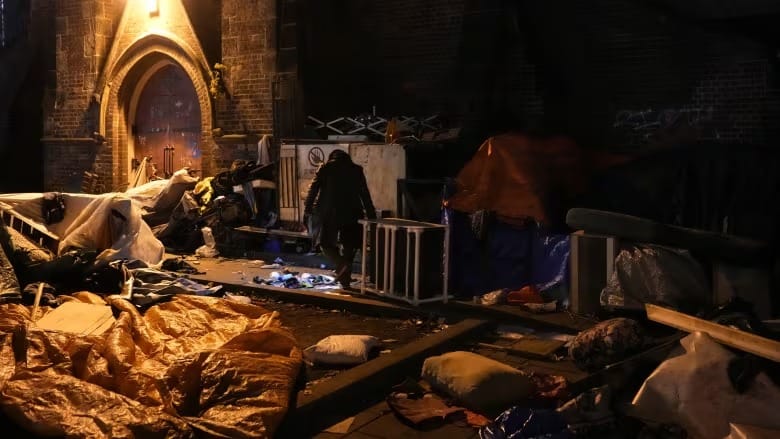After a brief retreat, politicians are again clamouring for the notwithstanding clause
When the majority decides it can brush aside someone's rights, everyone is at risk

In 2022, Ontario Premier Doug Ford faced public opposition when he invoked the notwithstanding clause to resolve a labor dispute, eventually stepping back from its use. At that time, it seemed that political leaders might be more cautious in using this constitutional measure to bypass court rulings on individual or group rights.
However, recent calls to employ the clause for removing homeless encampments in Ontario suggest a persistent inclination among some political figures to override inconvenient rights. This raises concerns that the use of the notwithstanding clause, initially intended as a rare measure, risks becoming routine, especially for issues impacting vulnerable populations.
Last month, 13 Ontario mayors publicly urged Premier Ford to consider the clause for addressing homelessness in response to a statement Ford made. At an October press conference, Ford proposed that mayors put in writing their request for provincial intervention in handling homelessness, including “use the notwithstanding clause, or something like that,” and added that such a request would demonstrate “backbone.”
The clause’s potential use in this context stems from a January 2023 decision by the Ontario Superior Court of Justice. Justice M.J. Valente ruled that the Region of Waterloo could not evict roughly 50 people from a public encampment in Kitchener without violating their Charter rights to life, liberty, and security. The ruling specified that the bylaw could not be enforced if the number of homeless individuals exceeded the availability of shelter beds in the area, meaning people could not be removed unless alternative accommodations were accessible.
Is the Clause Necessary for Addressing Homelessness?
The encampment issue presents a genuine challenge for Ontario’s cities, but it’s debatable whether invoking the notwithstanding clause is essential or the most effective approach. Typically seen as a “last resort,” the clause is intended for situations where no other options remain.
Sam Trosow, a city councillor in London, Ontario, and law professor emeritus, argued in a recent interview that the Waterloo ruling offers a way forward without the clause. “The simplest way of dealing with encampments,” he suggested, “would be to provide alternatives for [the homeless], and that’s doable with proper funding.” Municipalities have limited funding abilities, Trosow noted, but additional support could come from provincial or federal resources. “Nobody wants the encampments to be permanent. But ... we can’t just take a police approach and scatter them, which is exactly what Ford and these mayors are [seeking to do].”
Estair Van Wagner, a law professor at the University of Victoria, described the notwithstanding clause as a “blunt, drastic tool that does absolutely nothing to resolve the crisis of homelessness and the lack of affordable housing in our communities. It will literally do nothing to get those governments closer to dealing with the underlying issues.”
Normalizing an Extraordinary Measure
Beyond Ontario’s situation, the push to apply the notwithstanding clause reflects a larger trend in recent years. Would there be calls to use the clause for homelessness if it hadn’t already been invoked for other issues?
According to Trosow, the clause was originally seen as an “extraordinary remedy” for “extreme and unusual circumstances.” For years, its use outside Quebec was rare. But under Ford’s leadership, Ontario has used it for routine policy decisions, such as resolving a labor dispute in 2022 and reducing Toronto’s city council.
Ford’s previous attempt to use the clause against a public sector union faced a strong backlash, including criticism from Prime Minister Justin Trudeau and the prospect of a province-wide general strike, which ultimately led Ford to back down. However, not all individuals or groups can rely on such public support. Charter protections are designed to safeguard the rights of minority groups, independent of political influence or majority approval. When the majority decides that certain rights can be bypassed, it threatens fundamental rights for all.
The homelessness crisis is an urgent issue, impacting those without access to safe and stable housing. While solutions will be challenging and complex, there is more at stake if the Charter rights of Canadians are compromised as part of a response to homelessness.





